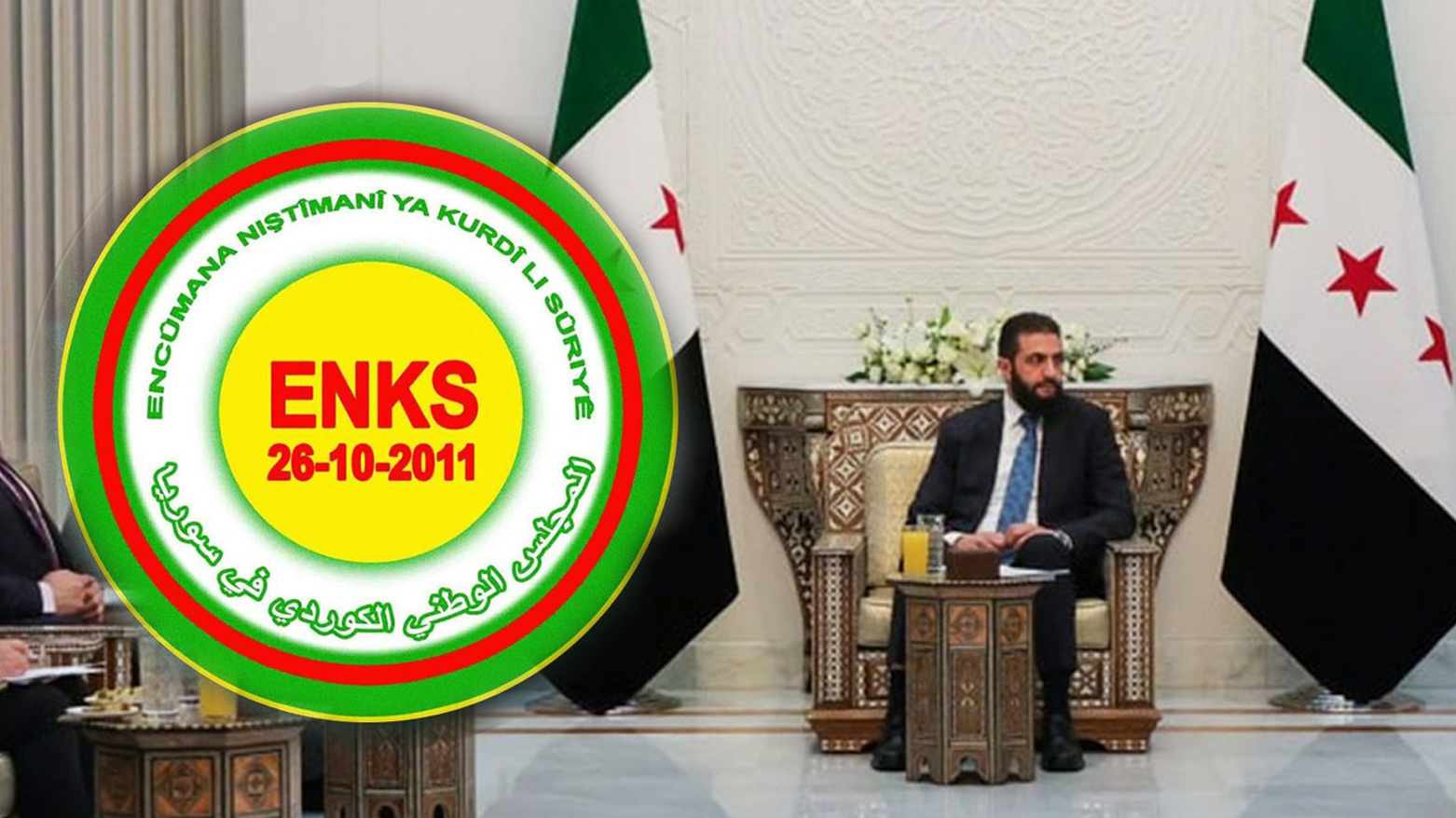Kurdish, Christian, and Druze Representation in Syria’s New Government Amidst Kurdish Concerns
"We will not participate in the ceremony because the new administration has not engaged with us in discussions regarding the formation of this government,” said Faisal Yusuf.

By Ahora Qadi
ERBIL (Kurdistan 24) – A high-ranking Syrian government source revealed on Friday that the upcoming Syrian government, expected to be announced soon, will include representation from the Kurdish, Christian, and Druze communities. The cabinet will consist of 22 ministers, with sweeping changes affecting nearly all ministerial positions.
Inclusive Restructuring with Minority Representation
Speaking to an Iraqi media outlet, the source confirmed, “The changes will affect all 22 ministers, with only one or two retaining their positions.” The source further emphasized that the restructuring will be carried out “fairly, ensuring equal representation for all Syrian communities.” Notably, ministerial positions will be allocated to Kurdish, Christian, and Druze figures, marking a shift toward inclusivity in the transitional government.
The same source disclosed that a ministry dedicated to women's affairs will be established, and certain ministries will be merged under unified leadership. Additionally, an official decree has been issued to form a Supreme Fatwa Council, separate from any ministerial oversight.
Avoiding Sectarian Divisions
Previously, interim President Ahmad al-Sharaa reaffirmed his commitment to a non-sectarian governance approach during a meeting with a delegation from Suwayda province, where the Druze population holds a significant presence. He rejected any form of sectarian power-sharing, underscoring that the primary objective of the new administration is to govern based on institutional and legal frameworks that uphold national unity.
Sharaa stressed that the interim leadership seeks to implement a balanced governance model that transcends sectarian and ethnic divides, ensuring a more stable and representative political structure for all Syrians.
Kurdish National Council Rejects Government Participation
Despite the announcement of Kurdish representation in the new government, the Kurdish National Council in Syria (KNCS) confirmed that it will not take part in the upcoming cabinet formation.
KNCS spokesperson Faisal Yusuf stated on Thursday that while the council received an official invitation to attend the government announcement ceremony, it declined due to a lack of prior consultations with Kurdish political movements.
“We will not participate in the ceremony because the new administration has not engaged with us in discussions regarding the formation of this government,” Yusuf explained. “The Kurdish political forces are the legitimate representatives and defenders of the Kurdish people’s rights. Our primary concern is not merely attending an announcement but securing and safeguarding our people’s demands.”
Skepticism Over Kurdish Inclusion
According to media reports, the new transitional government is expected to include Kurdish ministers. However, Yusuf dismissed this as insufficient, noting that the Kurdish political movement was not consulted on the selection process.
“There has been no discussion with us about the criteria for Kurdish participation, nor about the legitimacy of those appointed to represent Kurdish-majority areas,” Yusuf stated. “We have not expressed any approval for this process.”
He further criticized the new administration’s exclusionary policies, arguing that its disregard for Kurdish political entities undermines efforts to build a truly inclusive government. “The administration’s policies continue to marginalize the Kurdish people, making it impossible to establish a foundation for joint political work or a government that represents all components fairly.”
Kurdish Political Representation: Symbolic or Substantial?
Yusuf emphasized that Kurdish participation in government should not be symbolic, as it was under the previous regime, but rather a genuine reflection of Kurdish political agency. “What matters to the Kurdish people is proper representation that truly defends their legitimate rights. The presence of a few Kurdish figures in the government, as was the case during the Assad era, is not sufficient.”
He added that the new government must provide clear guarantees for Kurdish rights, ensuring that Kurds are recognized as an essential component of Syria’s national fabric.
The Status of Kurdish Unity Talks
Regarding broader Kurdish political coordination, Yusuf reiterated the KNCS’s longstanding commitment to Kurdish unity. He referenced previous attempts at dialogue with the Democratic Union Party (PYD), noting that they are currently waiting for the other side to finalize its internal agreements before both parties can move forward together.
“Since the fall of the Assad regime, Kurdish dialogue has resumed under the sponsorship of President Masoud Barzani. We have taken positive steps toward mutual understanding, but we are waiting for the other side to finalize its internal agreements before moving forward together,” Yusuf explained.
He concluded by emphasizing that unity among Kurdish factions is crucial, not just for political parties but for the Kurdish people as a whole. “Once an agreement is reached among all Kurdish parties, we will officially announce it. Until then, our priority remains securing the rights and recognition of the Kurdish people within the framework of the new Syrian state.”
